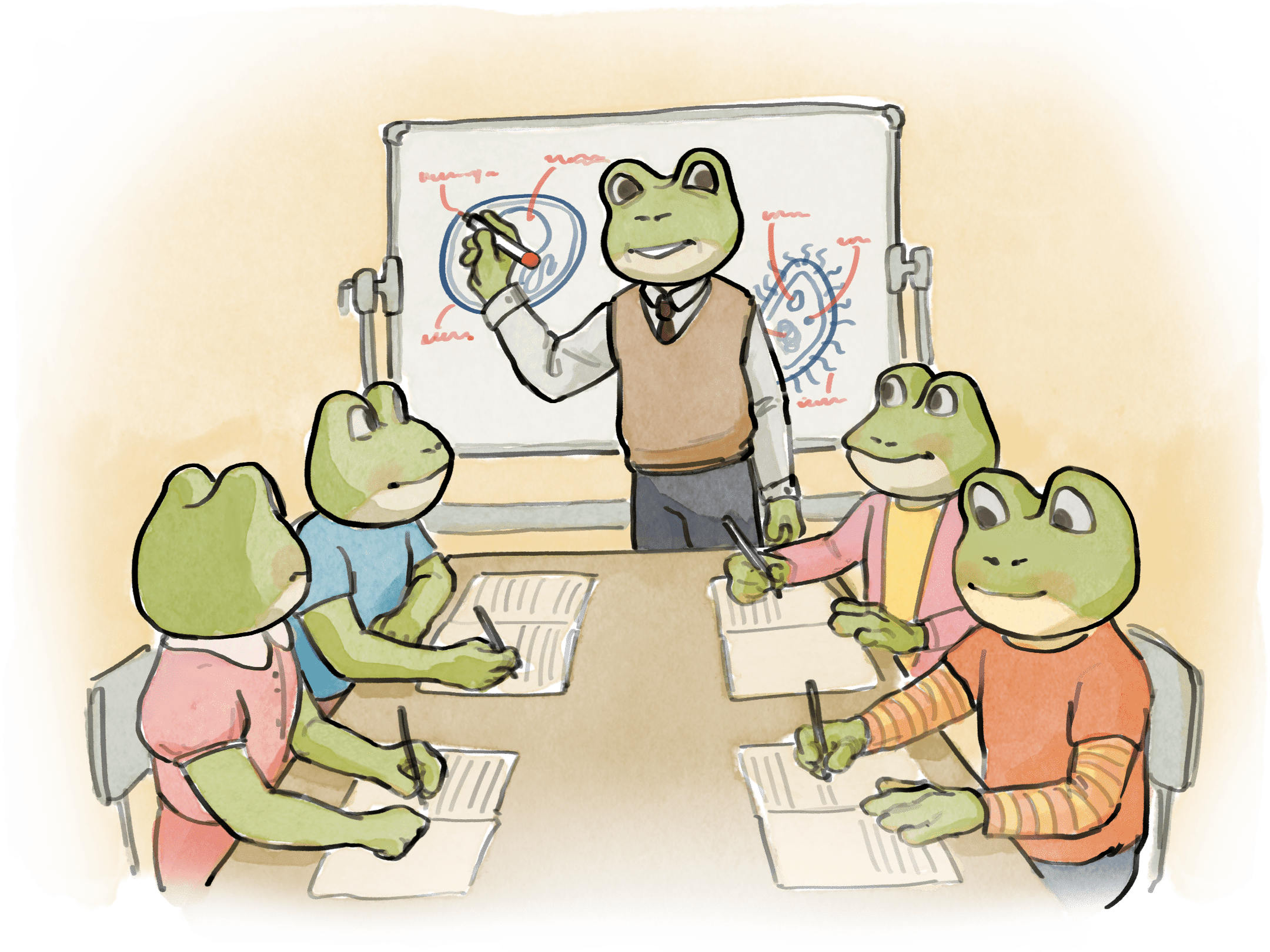Teaching is undoubtedly one of the most noble and rewarding professions. Educators play a pivotal role in shaping the future by imparting knowledge and values to the next generation. However, recent years have seen a growing concern: many teachers are struggling to cope with the demands of their profession. In this blog post, we will delve into the reasons why teachers aren’t coping and the challenges they face daily.
1. Overwhelming Workload
One of the primary reasons teachers are struggling is the overwhelming workload. Educators are responsible for not only delivering lessons but also creating and grading assignments, preparing exams, attending meetings, and dealing with administrative tasks. The sheer volume of responsibilities can leave teachers feeling mentally and physically drained.
Solution: Schools and education systems must prioritize workload management. Reducing unnecessary administrative tasks, providing adequate support staff, and allowing teachers more time for professional development can help alleviate this burden.
2. Lack of Resources
Insufficient resources, including outdated textbooks, limited classroom materials, and inadequate technology, hinder effective teaching. Teachers often spend their own money to provide the best possible learning experience for their students, which adds financial stress to their list of challenges.
Solution: Investment in education is crucial. Schools and governments should allocate more resources to ensure that teachers have access to up-to-date materials, technology, and classroom supplies. Financial support for teachers who purchase supplies out of pocket is also essential.
3. High Expectations and Accountability
Teachers are expected to meet high standards and are held accountable for their students’ performance on standardized tests. This pressure can be overwhelming, leading to stress and burnout. The focus on test scores often sidelines the importance of holistic education.
Solution: Education systems should shift their emphasis from standardized testing to a more comprehensive approach that values a well-rounded education. Acknowledging and rewarding teachers for their efforts and dedication can also help alleviate this pressure.
4. Student Behavior Issues
Managing classroom behavior can be a significant challenge for teachers. Disruptive or disrespectful student behavior can disrupt the learning environment and negatively impact the teacher’s ability to teach effectively.
Solution: Schools can offer training and support to teachers in classroom management techniques. Encouraging open communication between teachers, students, and parents can also help address and mitigate behavior issues.
5. Lack of Support and Professional Development
Teachers need ongoing professional development to stay updated on best practices in education. However, many educators report a lack of support and opportunities for growth in their schools.
Solution: Schools should prioritize professional development by providing regular training, workshops, and access to resources. Encouraging mentorship programs and collaboration among educators can also foster a supportive learning community.
6. Emotional and Mental Toll
The emotional and mental toll of teaching is often underestimated. Teachers deal with diverse student needs, family dynamics, and sometimes traumatic experiences that their students bring to the classroom. This can lead to emotional exhaustion and burnout.
Solution: Schools should prioritize the mental health and well-being of teachers. Offering counseling services, stress management programs, and a supportive work environment can help teachers cope with the emotional challenges they face.
7. Compensation and Job Security
In many regions, teacher salaries do not adequately reflect the level of responsibility and education required for the profession. Additionally, job security can be a concern, especially for newer teachers.
Solution: Increasing teacher salaries and providing job security can attract and retain qualified educators. Recognizing and valuing the contributions of teachers to society is essential.
8. Changing Educational Landscape
The educational landscape is constantly evolving with new teaching methods, technology, and curriculum changes. Keeping up with these changes can be challenging for teachers.
Solution: Schools and education authorities should provide ongoing training and support to help teachers adapt to new educational approaches and technologies. Encouraging a growth mindset can also empower teachers to embrace change.
In conclusion, teachers play a vital role in shaping the future, but they are facing significant challenges that are affecting their ability to cope. Overwhelming workloads, lack of resources, high expectations, student behavior issues, insufficient support and professional development, emotional toll, compensation and job security concerns, and the changing educational landscape are all contributing factors. To address these challenges, it’s crucial for schools, educational authorities, and society as a whole to recognize the importance of supporting and valuing our educators. By prioritizing the well-being and needs of teachers, we can help them better cope with the demands of their profession and continue to inspire and educate the next generation.




